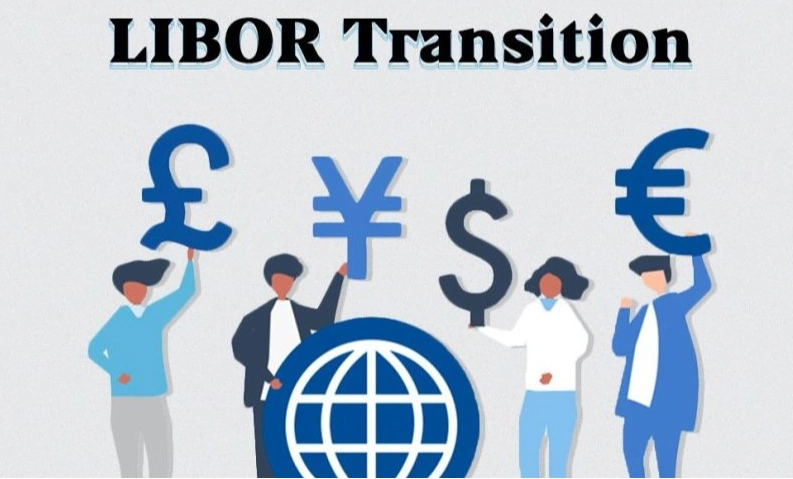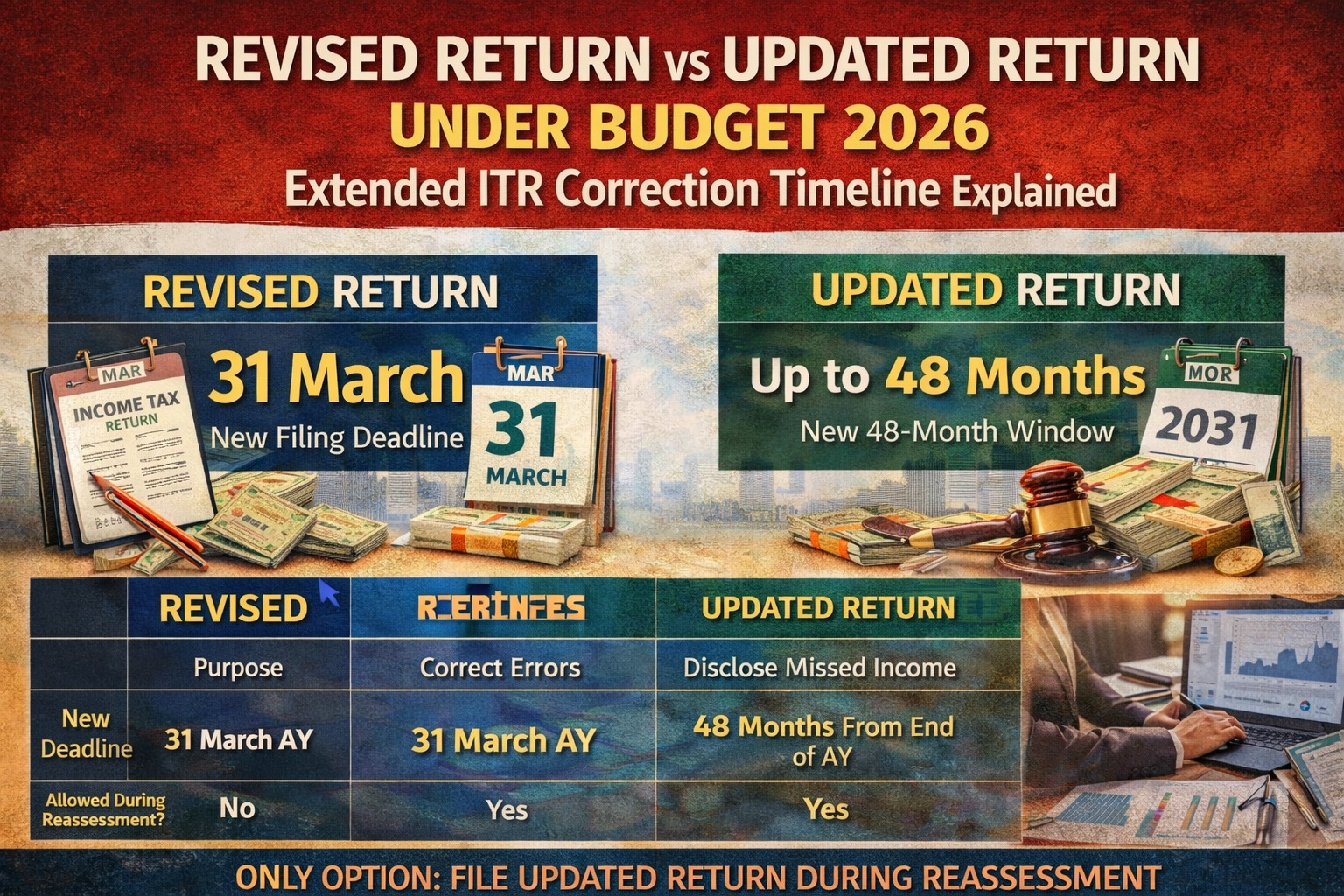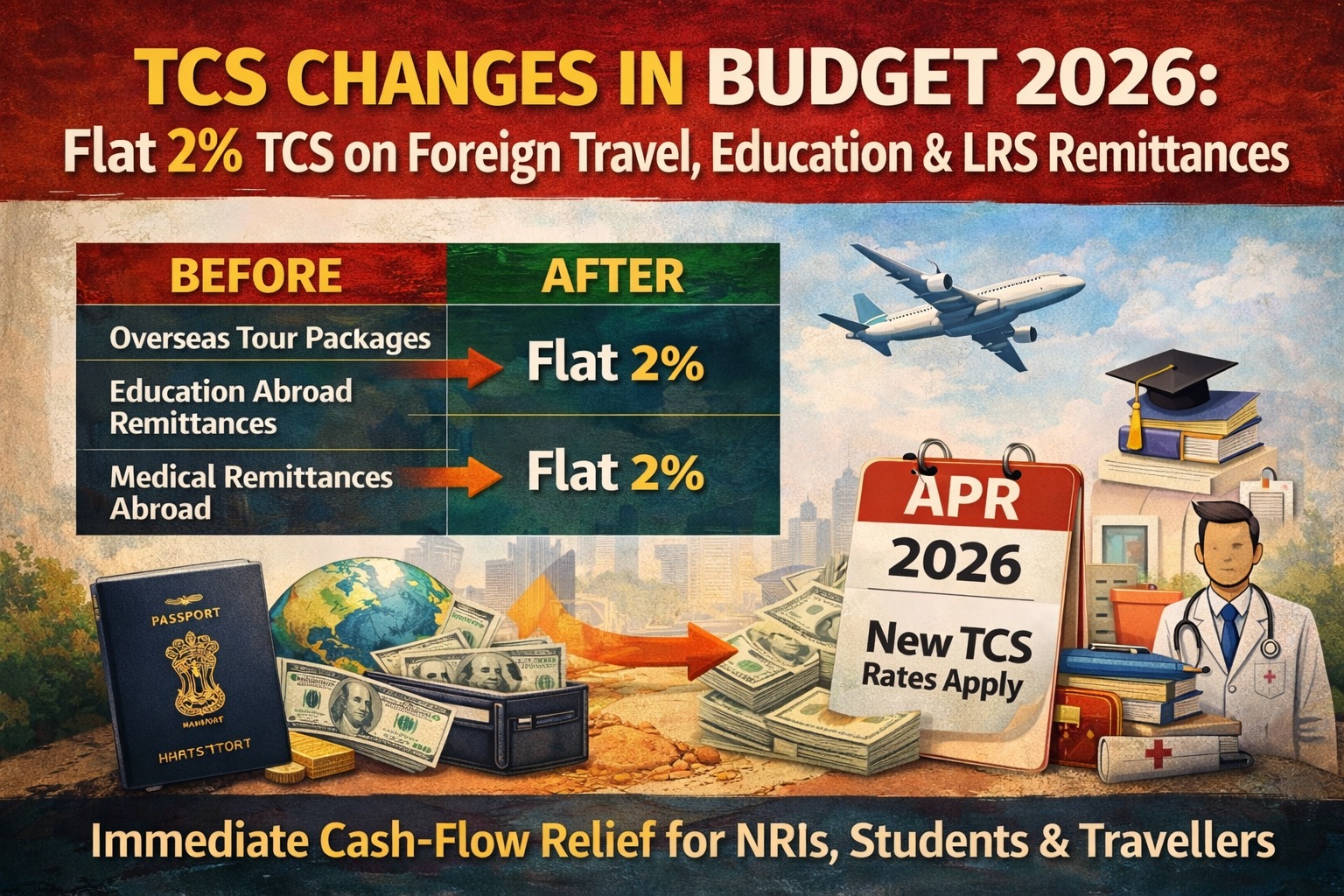 WhatsApp
WhatsApp
 Call Us
Call Us
 Email Us
Email Us
 Whatsapp Community
Whatsapp Community

LIBOR or the London Interbank Offered Rate, has long served as a global benchmark interest rate, shaping various financial instruments and transactions including loans, bonds, and derivatives. Each day, LIBOR was determined by collecting input from up to 18 major global banks, reflecting their interest rate estimates for various loan maturities. This rate-setting process was influenced by their perceptions of local economic conditions. LIBOR operated across five key currencies: UK Pound Sterling, Swiss Franc, Euro, Japanese Yen, and the U.S. Dollar.
However, in recent years, LIBOR faced increasing scrutiny due to concerns surrounding potential manipulation and a lack of transparency in its determination process. These issues, coupled with its involvement in multiple scandals and a prominent role in the 2008 financial crisis, led to a need for change.
Today, the Reserve Bank of India (RBI) has issued guidance to banks and financial institutions, advising them to discontinue reliance on the US dollar LIBOR and the Mumbai Interbank Forward Outright Rate (MIFOR) in any new transactions starting from July '23.
Furthermore, Financial Benchmarks India Pvt. Ltd. (FBIL) will cease publishing MIFOR after June 30, '23. Banks and financial institutions are urged to take proactive measures, including inserting fallback mechanisms, into any remaining legacy financial contracts that reference the US dollar LIBOR.
As a replacement for LIBOR in the United States, the Secured Overnight Financing Rate (SOFR) has emerged as a significant benchmark. SOFR is used by financial institutions to price loans for both businesses and consumers. It is published by the New York Federal Reserve Bank each morning, reflecting the SOFR rate calculated from the previous business day's repo transactions.
In response to the cessation of LIBOR and the shift towards alternative reference rates, major Indian lenders like the State Bank of India and Union Bank of India have already adopted currency-specific Alternate Reference Rates (ARR). These include the use of the Secured Overnight Financing Rate (SOFR) for USD loans and the Sterling Overnight Interbank Average (SONIA) for GBP loans, among others







Stay in the loop, subscribe to our newsletter and unlock a world of exclusive updates, insights, and offers delivered straight to your inbox.